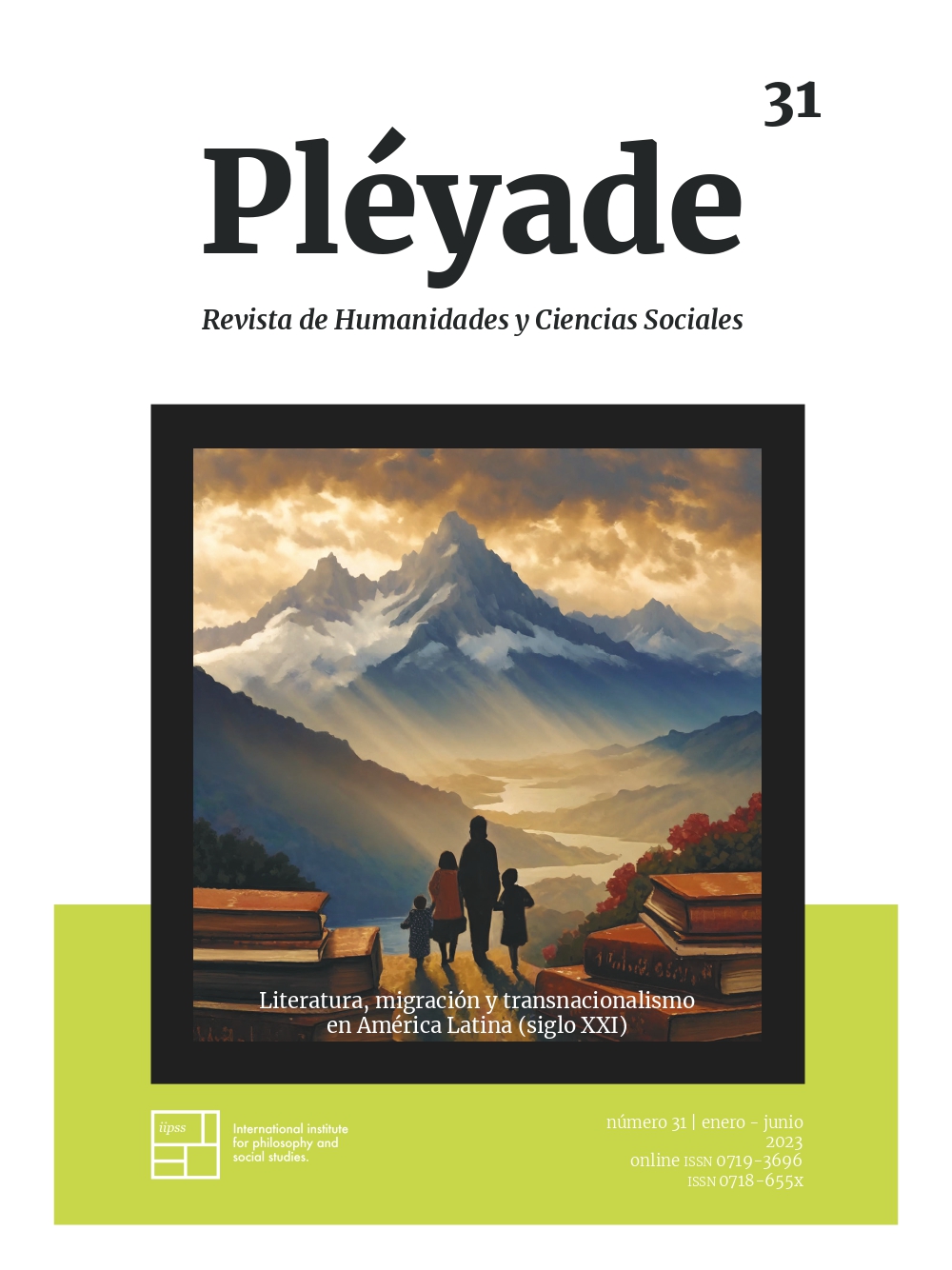
Published 2024-05-20
How to Cite

This work is licensed under a Creative Commons Attribution-NonCommercial 4.0 International License.
Abstract
This article offers an analysis of the constitution of a migrant feeling of transatlantic order in the film Rabia by Ecuadorian filmmaker Sebastián Cordero, which occurs through operations of decontextualization and recontextualization that show how certain melodramatic structures travel in space and time. The argument focuses on the analysis of the movie’s music, especially the
pasillo “Sombras” as a catalyst of sensations insofar as it functions for the main character as an encounter of a sentimental biography of national nature, which brings to the fore a mismatch with the world he leaves behind and announcing his failure in the new place of migration that rejects him as a migrant.